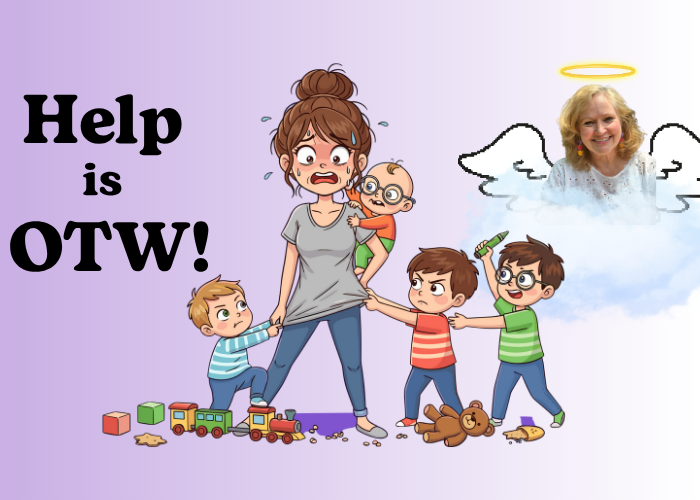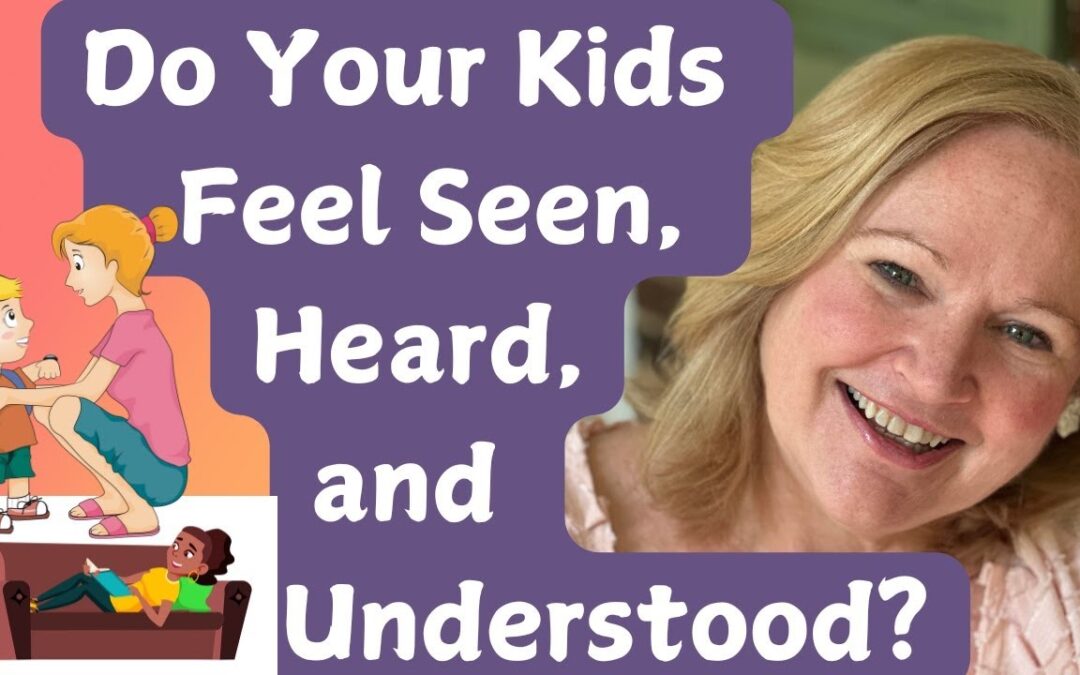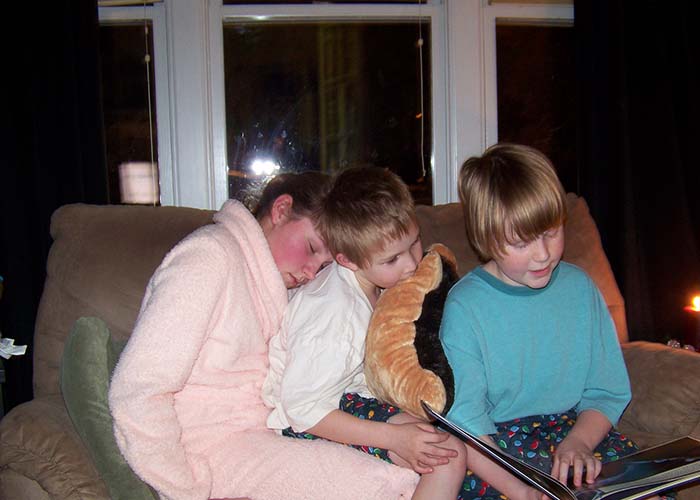
ADHD Mom Burnout: Signs, Prevention, and Real Recovery Tips
ADHD Mom Burnout: How to Feel Like Yourself Again
If you’re a mom with ADHD and you’ve been feeling beyond tired lately… the kind of tired that sleep doesn’t fix… the kind where even things you normally enjoy feel blah… you might be dealing with something bigger than a rough week.
You might be experiencing ADHD mom burnout.
Many moms, especially moms managing ADHD in themselves or in their kids reach a point where the mental load becomes too heavy for too long.
The good news? Burnout is understandable, treatable, and absolutely not a personal failure.
In this post, we’ll walk through:
-
The 5 signs of true ADHD-mom burnout
-
How to prevent burnout in realistic, ADHD-friendly ways
-
What recovery actually looks like when you’re already running on empty
What ADHD Mom Burnout Really Feels like
Parenting with ADHD can feel like a marathon with no finish line. No medal. No rest stations. Just mile after mile of needs, emotions, logistics, and expectations.
You keep running because you love your kids.
You keep running because that’s what moms do.
But at some point, your legs give out.
That moment—the one where you feel emotionally drained, mentally scattered, and physically done—isn’t laziness. It’s not a lack of motivation or willpower.
That moment is burnout.
And it often creeps in slowly.
So let’s talk about how to recognize it early.
5 Signs You’re Experiencing ADHD Mom Burnout
Burnout almost never hits suddenly. It sneaks up on you — until one day your baseline becomes exhaustion, irritability, and overwhelm.
Here are the biggest red flags that what you’re feeling goes beyond “normal mom tired.”
1. Apathy and Boredom
You stop caring about things you usually enjoy.
Playtime feels like a chore. Your favorite hobbies barely spark interest. Even watching a show feels like too much.
This doesn’t mean you don’t love your kids. It means your emotional tank is completely empty.

2. Chronic, Unshakeable Exhaustion
This exhaustion is different.
It’s the kind where you could sleep for a week and still wake up tired.
Everything feels heavier:
Finding the permission slip.
Helping with homework.
Getting everyone out the door on time.
Everyday tasks, locating a missing shoe, making breakfast, filling out the school form — feel like climbing a mountain.
3. Irritability and Emotional Reactivity
When you’re burned out, your emotional bandwidth is tiny.
Little things set you off, a spilled drink, constant noise, a partner asking a simple question.
Then the guilt hits:
“What’s wrong with me?”
Nothing is wrong with you.
Burnout doesn’t make you a bad mom. It makes you an overwhelmed one.
4. Brain Fog and Forgetfulness
Burnout magnifies ADHD symptoms.
You lose your train of thought, forget basics, and feel mentally scattered no matter how hard you try to focus.
It’s like having 37 tabs open, and you don’t even know where to begin.
5. Hopelessness or Emotional Numbness
This is a big red flag.
You may feel:
-
Detached or numb
-
Like everything is too much
-
Like you’re failing (you’re not)
-
Tearful out of nowhere
-
Like you “just can’t”
These aren’t signs of weakness—they’re signs your mind and body desperately need relief.

If several of these sound familiar, you’re not broken — you’re burned out. And now is the perfect time to step in with support.
Next, let’s talk prevention.
How to Prevent ADHD Mom Burnout (Without Perfectionism)
Burnout is your system sending up a flare.
The earlier you respond, the easier recovery becomes.
It’s about small, sustainable supports that keep your brain from running on empty.
So let’s talk about prevention—realistic, ADHD-friendly prevention.
Here are five ADHD-friendly prevention strategies that work.
1. Treat Self-Care as Maintenance, Not a Luxury or reward
Sleep, food, hydration, exercise or even movement. These are the “oil changes” your nervous system depends on.
Tiny moments count:
-
a quiet cup of coffee without multitasking
-
a 10-minute walk
-
three deep breaths before the next round of chaos
These are not indulgences.
They’re important maintenance.

2. Build a Support Network — and Ask for Help
ADHD brains thrive in connection, not isolation.
Let people step in. Ask specific questions like:
-
“Can you watch the kids for an hour?”
-
“Can we trade afterschool pickup this week? ”
The myth of the solo-mom is exactly that — a myth. Support is a survival tool, not a luxury.

3. Set Realistic Expectations and Boundaries
Perfectionism feeds burnout.
Try replacing “perfect” with “good enough,” especially with:
-
Meals
-
Housework
-
Extracurriculars
-
Volunteering
Protect your time and energy the way you protect your child’s bedtime.
4. Use Executive-Function Supports
Tools aren’t cheating—they’re support.
Here are ADHD-friendly anchors:
-
Visual schedules
-
Color-coded calendars
-
Alarms and reminders
-
Predictable routines (morning, after school, bedtime)
-
Simplifying decisions (meal repeats, fewer choices, outsourcing where possible)
Structure reduces stress, even if you don’t follow it perfectly.
5. Schedule Joy on Purpose
Burnout rushes in when life becomes all tasks, no pleasure.
Joy isn’t optional—it’s medicine for ADHD brains.
Schedule:
-
Music
-
Crafts
-
Comedy
-
Coffee alone
-
Reading in bed
-
A walk in fresh air
These moments refill your emotional tank.

Already Burned Out? Here’s How to Recover
If you’re already deep in burnout, you might feel like you’re too tired to “fix it.”
You don’t need a huge overhaul, you need gentle, consistent support.
Here’s what real recovery looks like.
1. Get Professional Support
You don’t have to white-knuckle your way through this.
An ADHD-informed therapist or counselor can help you:
-
Untangle guilt
-
Handle overwhelm
-
Rebuild sustainable routines
-
Explore medication or treatment adjustments (if relevant)
Support doesn’t make you weak—it makes you resourced.

2. Rest and Simplify Your Life
Rest is not optional during burnout—it’s medicine.
Let things be easy:
-
Paper plates
-
Simple meals
-
Pausing non-essential commitments
-
Letting the laundry sit
-
Communicating your limits (“I’m at capacity right now. I need help.”)
Small simplifications add up.
3. Rebuild Executive Function with Scaffolding
Your brain’s “manager” is tired.
Don’t rely on willpower.
Instead, use:
-
Checklists
-
Alarms
-
Whiteboards
-
Routines
-
Accountability buddies
Think of this like physical therapy for your executive function: small steps that rebuild strength.

4. Reconnect With Yourself
Joy isn’t just prevention, it’s part of the treatment.
Start tiny:
-
5 minutes of sunlight
-
Your favorite song
-
A warm drink
-
A solo walk
-
A funny TikTok
-
Coloring or crafting
Tiny sparks of joy reawaken your nervous system.
5. Strengthen Boundaries and Keep the Supports You Build
Burnout recovery isn’t about “getting back to doing everything.”
It’s about:
-
Doing less
-
Doing it with more support
-
Protecting your rest
-
Keeping your joy
-
Using your tools consistently
You deserve a life that’s sustainable—not a constant sacrifice.
Final Thoughts
If burnout and guilt have been whispering that you’re not enough, please hear this:
You are not broken.
You’re overwhelmed.
And overwhelmed moms deserve support—not self-blame.
If you’re looking for a gentler way forward, check out the companion resources I created for moms navigating burnout:
My YouTube video on releasing ADHD Mom Guilt
1:1 therapy or coaching (as appropriate in your state)
You deserve rest.
You deserve joy.
And you deserve support that actually works for your ADHD brain.
















